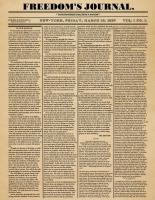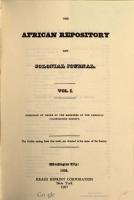Slavery
Slavery is an economic practice based on the reduction of human beings to the rank of objects whose labor force is entirely privatized by the owner. Slavery was practiced by a wide variety of societies (from ancient democracies to various medieval empires) and continues to be practiced today. However, slavery underwent a profound modification at the beginning of the 16th century with the establishment of plantation economies by the Iberian empires in their insular colonies.
African slaves were kidnapped or bought along the African coasts and then deported to work by force in Brazilian plantations, and on Caribbean or African islands. The English, French and Dutch powers also developed slave trade economies to exploit their colonies; these systems reached industrial dimensions in the 18th century.
Africans were kidnapped from their territories and then bought to be deported on European ships crossing the Atlantic sea to be sold as slaves, which means that these women and men became the property of buyers who had unrestricted permissions over their lives. The vast majority of these women and men were condemned to work in coffee, sugar, and tobacco plantations in Brazil, the United States, Great Grenada and the Caribbean and African islands. Following the Iberian empires, the English, French and Dutch powers also embarked on the slave trade while seizing vast territories to create plantation colonies. Cotton, nutmeg, cloves, tea and vanilla were commodities that participated in the new world trade system and in the increasing intensity of slave trade.
If research still debates on the modalities of the causal relationship between the rise of the slave trade in the modern period and the birth of capitalism, the two phenomena now appear to be consubstantially linked. Capitalist modernity as developed and imposed by the European powers was in fact founded on the enslavement of black people.
It is estimated that between 16th century and 19th century, 12.5 million Africans were victims of the slave trade.















